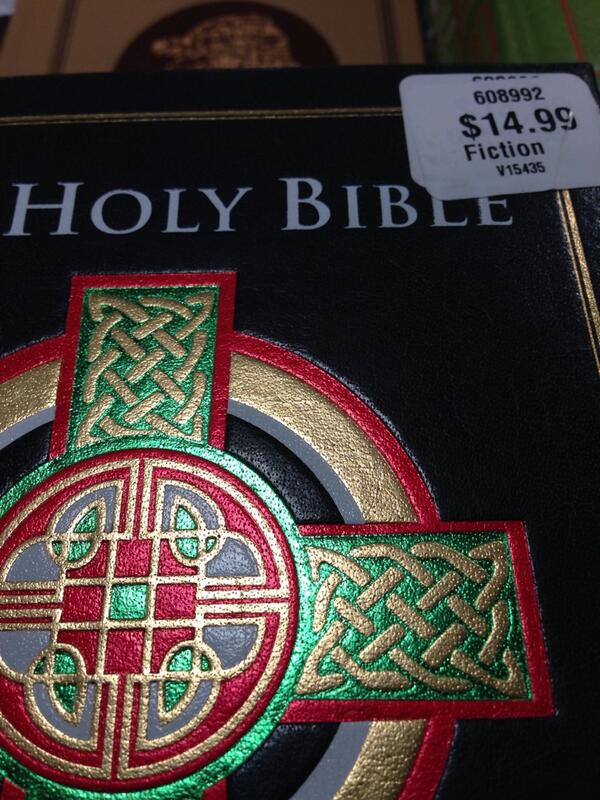The following is taken from an excellent article by Robert De Filippis on de-commercialising christmas and restoring the simple
joy of living.
Buddhist principles as Christmas gifts to restore the joy of life to the Christmas season......................
The first principle is dependent origination, or we do not create ourselves. This is particularly difficult for the western mind, because individuality is a primary value in the West. But as I have written many times, individuality is an optical delusion of the ego.
The Buddha's awakening to the interconnected nature of life is foundational to the rest of his philosophy and can provide us much needed grounding in tempting times like these.
This awareness helps us to let go of grasping and craving, helps us not to reduce everything in the world to our own personal desires and fears, thereby justifying our acquisitive culture of consumption. Helps us deny our compulsion to waste the joy of the moment to acquire more and more of what we really don't need for the future. Helps stop our rushing headlong into the destruction of the web of life on this planet to exploit every ounce of our natural resources to produce trinkets and toys for our amusement. We can only do these things in the absence of awareness of how our lives are dependent on and interconnected to the rest of life on this planet.
Another principle is that we don't need to be "motivated by fear, attachment, hatred, jealousy, pride" because we are interconnected. We can celebrate the successes and mourn the losses of others. They are our successes and losses.
And the next principle is about action, "to bring into being a way in which you, as a member of this interconnectedness of life can think about, speak, act, work" to make it better for all: the real gift of Christmas.
Another useful teaching during the Christmas season is the "Buddha's emphasis on the cultivation of mindfulness regarding the specificity of experience. That's the aim of a kind of meditation. It is to be fully present to what is taking place right now." And what better reason than the realisation that NOW is where your life is happening: Not in regrets about the past or worries about the future.
Only by paying attention to the now of what Christmas has become do we see the suffering it causes by promising happiness, peace and satisfaction with the acquisition of material goods.
We can find parallels in the commercialisation of Christmas, in how we allow the retail industry, our culture of acquisition and our society of conformance to tell us how to celebrate this holiday.
May you resist the temptations and have the intended joy of life contained in the Christmas mythology.
Robert De Filippis
 Listening to many hours of Dhamma talks might be helpful, but the Buddha says even one word can be enough. What matters is whether that word truly touches our hearts. Does it ring true? Truth is what heals us, not words. Living in a world that is distracted by materialism, we often assume, the more the merrier. Yet one little cheque that happens to be written out for a million pounds is worth more than a large truck load of old newspapers. They are both paper. What is the difference? We already know we need to attend to quality, not just quantity. This Dhammapada verse encourages us to take our understanding deeper.
Listening to many hours of Dhamma talks might be helpful, but the Buddha says even one word can be enough. What matters is whether that word truly touches our hearts. Does it ring true? Truth is what heals us, not words. Living in a world that is distracted by materialism, we often assume, the more the merrier. Yet one little cheque that happens to be written out for a million pounds is worth more than a large truck load of old newspapers. They are both paper. What is the difference? We already know we need to attend to quality, not just quantity. This Dhammapada verse encourages us to take our understanding deeper.





